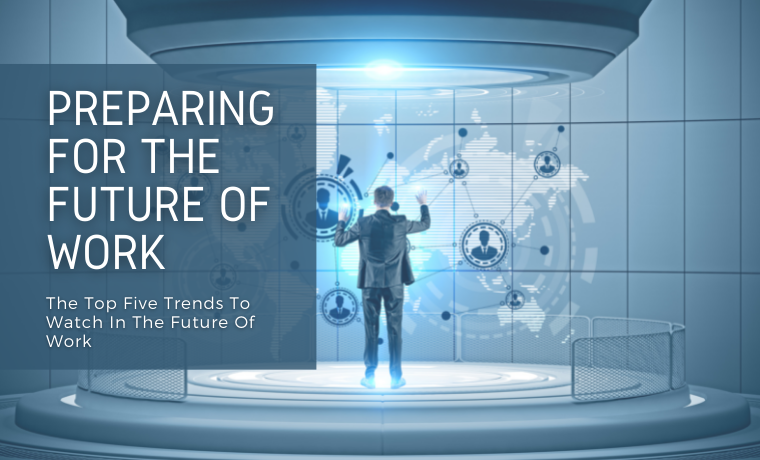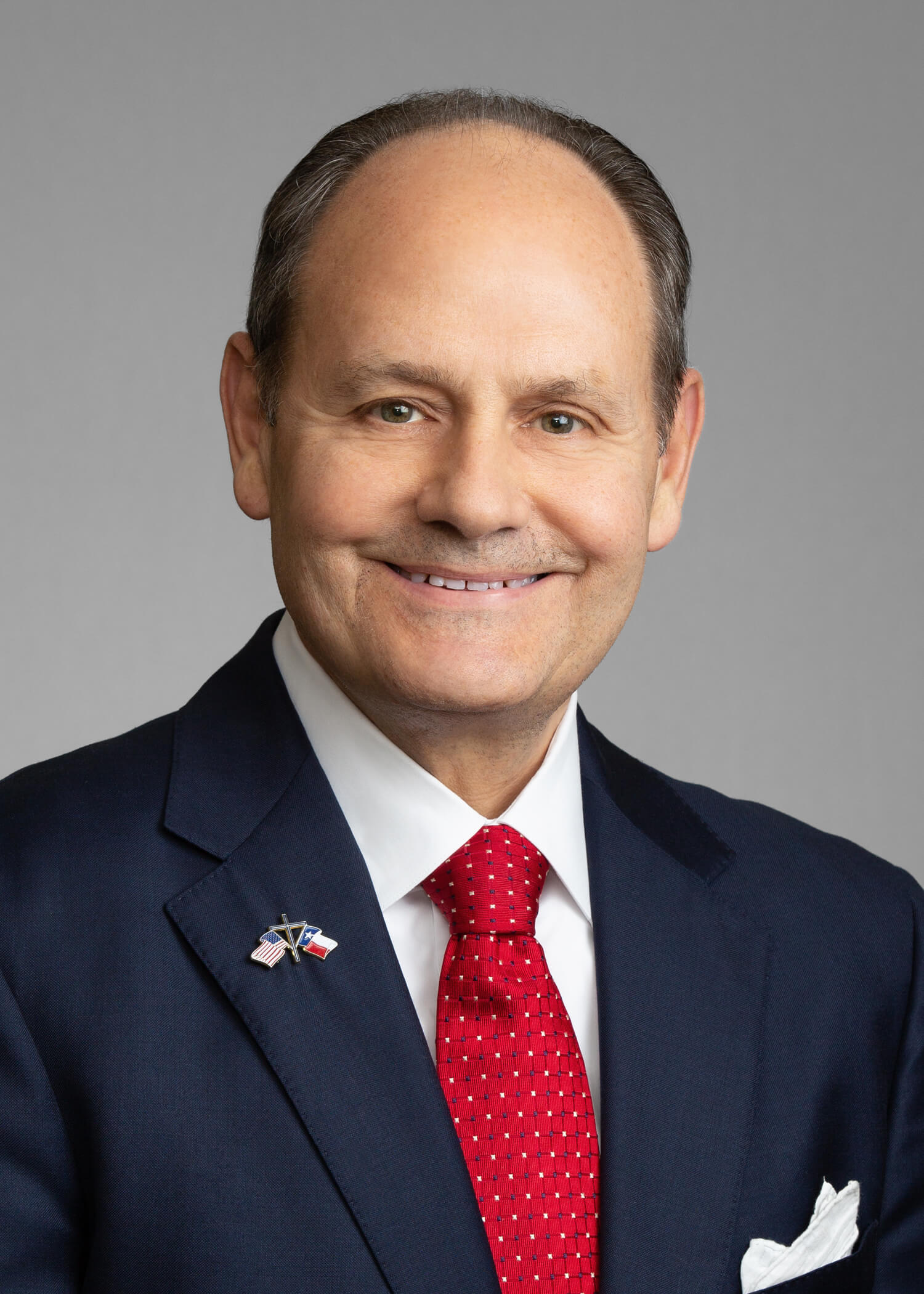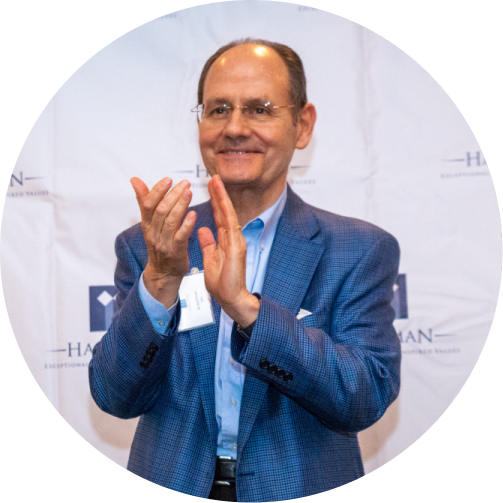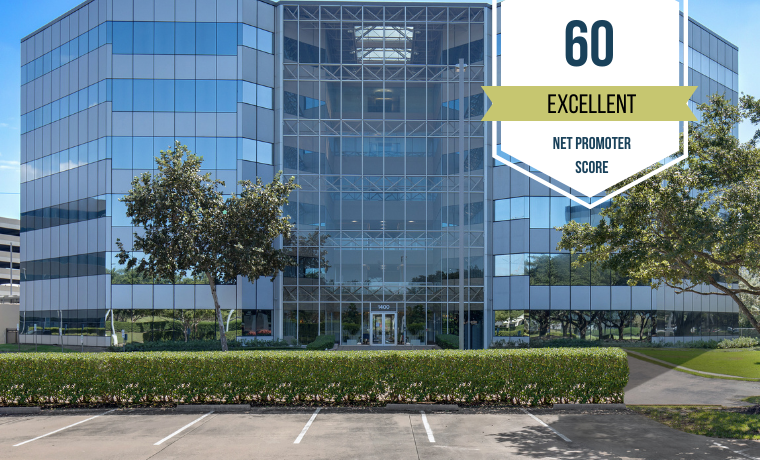
This interview was originally published on Authority Magazine by Phil La Duke.
Hyper focus on the employee experience to keep employees long term. Companies trying to implement remote, partially remote, or in-office work expectations must pivot to maintain their culture no matter where an employee is. At Hartman, we recently announced a profit-sharing program for our employees. This program is our way of better aligning our team members with the company’s shareholders. We want to recognize and reward our employees’ integral role in building this great company and support them as they work toward their own financial independence and save for retirement.
There have been major disruptions in recent years that promise to change the very nature of work. From the ongoing shifts caused by the COVID19 pandemic, the impacts caused by automation, and other possible disruptions to the status quo, many wonder what the future holds in terms of employment. For example, a report by the McKinsey Global Institute that estimated automation will eliminate 73 million jobs by 2030.
To address this open question, we reached out to successful leaders in business, government, and labor, as well as thought leaders about the future of work to glean their insights and predictions on the future of work and the workplace.
As a part of this interview series called “Preparing For The Future Of Work”, we had the pleasure to interview Al Hartman, President and CEO of Hartman Income REIT Management, Inc.
Al Hartman is the President, CEO, and Chairman of the Board of Directors at Hartman Advisors and the CEO of Hartman Income REIT Management, Inc. (Hartman). In 1983, Hartman developed a proprietary value-oriented investment strategy, which formed the foundation of the “Hartman Advantage.” Through the late 1980s and early 1990s, he purchased approximately 20 foreclosures. Since then, Hartman has built a portfolio that consists of 59 commercial assets, has sponsored 29 investment programs, and has $805 million in assets under management, delivering value to nearly 6,000 investors. In his personal life, Al Hartman is a member of the ‘C’ club, Houston Breakfast Club, ADISSA-REIT Organization, REISA-REIT Organization, C-12, and Vision America. He supports various faith-based organizations and serves as a Deacon at Second Baptist Church in Houston, Texas. He also serves on the board of the Houston Area Pastors Council and The Elijah Challenge Ministry.
Thank you so much for joining us in this interview series! Our readers like to get an idea of who you are and where you came from. Can you tell us a bit about your background? Where do you come from? What are the life experiences that most shaped your current self?
I was born in 1952, the sixth of eight children and one of five sons. With such a large family, my father began a working farm to supplement his income as a Dairy Scientist for a large national grocery chain. My brothers and I would work before and after school and on weekends on the farm. That is where I learned a lifestyle of hard work. When it came time to obtain a higher education, unlike my siblings, I forewent formal schooling to pursue a career as an entrepreneur.
At times it wasn’t easy, building Hartman Income REIT took up much of my early adult years, and as a result, I did not get married until the age of 42. But because of my hard work and dedication, I now run one of the fastest-growing, Texas-based REITs, Hartman Income REIT Management, Inc.
What do you expect to be the major disruptions for employers in the next 10–15 years? How should employers pivot to adapt to these disruptions?
I believe and have believed for a very long time that technology and automation will be the major disruptor for employers in the next 10–15 years. However, that is a very broad assumption as many companies, Hartman included, are run and built around providing exceptional service to our customers, and I feel that is an experience that cannot be replaced by technology. Technology and automation should be utilized to enhance your customer service, not replace it.
Coming out of the COVID-19 pandemic, there was an increased awareness toward emotional and mental health because so many people were suffering when forced to work from home. Technology and zoom calls struggled to replicate the physical interaction many employees needed on a daily basis. Employers should be aware that becoming too flexible with technology or remote work could potentially lead to the disappearance of company culture and sharp declines in innovation, collaboration, and overall execution.
The choice as to whether or not a young person should pursue a college degree was once a “no-brainer”. But with the existence of many high profile millionaires (and billionaires) who did not earn degrees, as well as the fact that many graduates are saddled with crushing student loan debt and unable to find jobs it has become a much more complex question. What advice would you give to young adults considering whether or not to go to college?
Like I shared earlier, I did not obtain a formal college education, but that doesn’t mean I don’t encourage one. At Hartman, we have a broad spectrum of education levels across our employees. We have leasing agents who went to real estate school to obtain a real estate license, accountants with college degrees and CPA licenses, building engineers with trade school licenses, and entrepreneurs like myself who started with no licenses or degrees.
It should always come down to understanding your strengths when deciding what type of education you will achieve. For example, if you feel you are less self-driven and more inspired by others, entrepreneurship is probably not the right path for you. I encourage individuals to find a path that plays to their strength and supports their aspirations.
Despite the doom and gloom predictions, there are, and likely still will be, jobs available. How do you see job seekers having to change their approaches to finding not only employment, but employment that fits their talents and interests?
As a large majority of the U.S workforce, today is made up of millennials, I have witnessed the trend of companies having “lifers” (people who work at one company for their entire lives) disappear. Younger generations than I, are not scared to job hop. They will job hop for better pay, career flexibility, and better company culture.
I encourage job seekers to find a job that reflects their own personal values. Job seekers should be proud of where they work and the culture within their workplace. At the end of the day, when you genuinely believe in your company’s mission, it will reflect in your work output and overall happiness.
The statistics of artificial intelligence and automation eliminating millions of jobs, appears frightening to some. For example, Walmart aims to eliminate cashiers altogether and Dominos is instituting pizza delivery via driverless vehicles. How should people plan their careers such that they can hedge their bets against being replaced by automation or robots?
There should not be a fear of job loss but excitement towards the opportunity that will be created by automation. For example, automation is opening lots of doors to additional jobs in the technology and manufacturing industries; learn about the relevant sectors and do what interests you most about them. If you are opposed to the implementation of automation, I would advise you to find yourself a job in an industry such as hospitality where people and facetime are vital.
Technological advances and pandemic restrictions hastened the move to working from home. Do you see this trend continuing? Why or why not?
I believe the work from home situation produced by the pandemic was a forced experiment, and the office as we know it won’t go away. Homeworking for most people makes work harder to concentrate on, creates distractions, and disrupts communication. While technology made it possible for workers to still communicate and collaborate, technology cannot replicate physical interaction. For many businesses, it’s pertinent for you to be active in the workplace. However, as of recent, I see flexibility in schedules slowly becoming much more common than the standard 8–5.
What societal changes do you foresee as necessary to support the fundamental changes to work?
As a society as a whole, we have come to recognize that technology allows us more flexibility, which will be both instrumental and detrimental in the working world. For example, It will bring with it higher expectations from prospective new hires at companies who want the flexibility to work remote, but it will also expand the employer’s pool for potential new hires.
What changes do you think will be the most difficult for employers to accept? What changes do you think will be the most difficult for employees to accept?
If employers are going to allow such flexibility to their employees, there has to be a level of trust. Employers must ask themselves, how will we know if our employees are using their time wisely and productively? Do they have to tools they need to be innovative and collaborative from their own home? Then on the flip side, employees must ask themselves the same questions, can I be productive, effective, and innovative from my own home? I heard it once, “You cannot climb the corporate ladder from home.” And I agree in many ways, but a balance has to be struck, or good employers could lose great employees to companies that are willing to give more.
The COVID-19 pandemic helped highlight the inadequate social safety net that many workers at all pay levels have. Is this something that you think should be addressed? In your opinion how should this be addressed?
For employers, transparency will be key. During COVID-19 we learned that having very frequent and transparent communications with employees was necessary not only for peace of mind but for a sense of security. Employers should always make sure employees and customers know what is offered and available to them when in a time of need.
Despite all that we have said earlier, what is your greatest source of optimism about the future of work?
I feel my greatest source of optimism stems from the thought that our company and many other companies have learned to work together more effectively. Because of that, innovation and creativity are on the rise.
Disruptions to the status quo in employment, particularly disruptions that result in fewer jobs, are temporary with new jobs replacing the jobs lost. Unfortunately, there has often been a gap between the job losses and the growth of new jobs. What do you think we can do to reduce the length of this gap?
I would go in the direction of disagreeing — We see the market picking up quickly, and we have quite a few job openings and active recruiting taking place. Small businesses are moving forward and growing, maybe corporations are slowly coming back, but there are many opportunities out there.
Okay, wonderful. Here is the main question of our interview. What are your “Top 5 Trends To Watch In the Future of Work?” (Please share a story or example for each.)
The continued implementation of technology and innovation. The COVID-19 pandemic pushed many industries to invest in better technology, whether it was to support an at-home employee base or online customers. At Hartman, we have begun the process of implementing a new custom CRM system. This new CRM system will make it possible for our teams to better automate their daily work, facilitate more productive work by cutting processes in half, and improve our team collaboration between marketing and sales by improving lead follow-ups, engagement with potential customers, and providing greater transparency between outputs of departments.
Hyper focus on the employee experience to keep employees long term. Companies trying to implement remote, partially remote, or in-office work expectations must pivot to maintain their culture no matter where an employee is. At Hartman, we recently announced a profit-sharing program for our employees. This program is our way of better aligning our team members with the company’s shareholders. We want to recognize and reward our employees’ integral role in building this great company and support them as they work toward their own financial independence and save for retirement.
Increased awareness of employee wellness / healthy work environments. As a commercial real estate firm, we support thousands of businesses on a daily basis. Post COVID-19, we have implemented Needlepoint Bi-Polar Ionization, an air purification technology that attaches to an HVAC system and safely creates and releasing ions into the airstream. The system can safely destroy pathogens such as E Coli, H1N1, Tuberculosis, and 99.4 percent of Coronaviruses, within 30 minutes. This revolutionary technology has been installed at multiple Hartman properties to help our tenants have peace of mind that they are breathing clean, fresh air when they come to work.
The office as we know it won’t go away but will evolve. I am a firm believer that the office as we know it won’t go away. At our Hartman properties, we have already experienced an influx of returning tenants. On average, about 80% have returned; in fact, some tenants have returned and asked to expand their office footprint. Dedensification will be a watchword for the future of work. Popular high-density configurations of office spaces have lost popularity, and the average square foot per employee has increased as much as 50% since the pandemic.
States with low corporate tax rates and favorable living situations will continue to attract top talent and corporate relocations. Forward-thinking companies realize that employee happiness and satisfaction is a top driver for maintaining a strong employee base. To maintain that strong employee base though, companies are making the decision to move to states that will allow them better business opportunities, better regulatory environments, and better access to top talent. In these states, the cost of living is lower, personal income taxes are lower, and the growth opportunities are higher for employees. Texas and Florida are two of the top states making a convincing case for companies and employees to relocate.
Our readers often like to follow our interview subjects’ careers. How can they further follow your work online?
You can follow my work at my website alhartman.com or on my LinkedIn https://www.linkedin.com/in/alrhartman/ or Twitter: @Al_Hartman_





